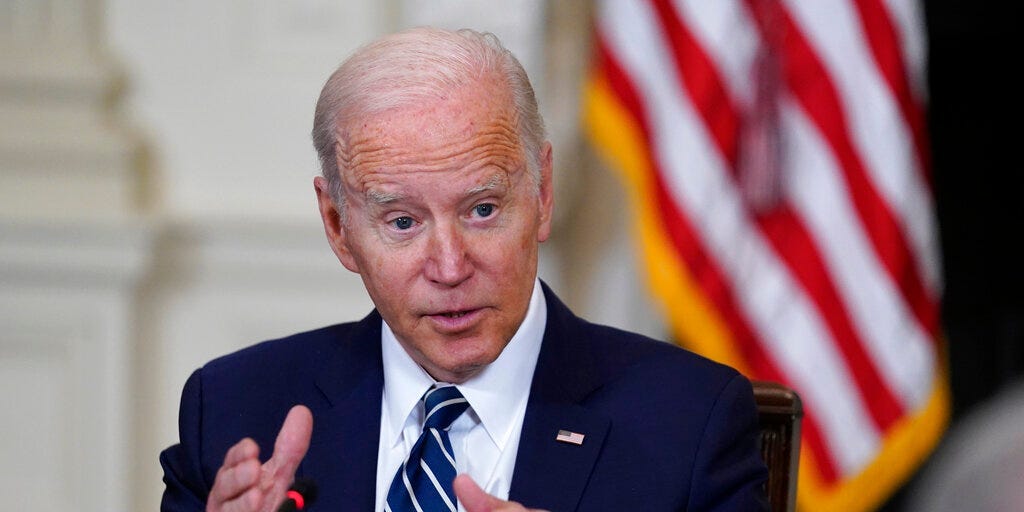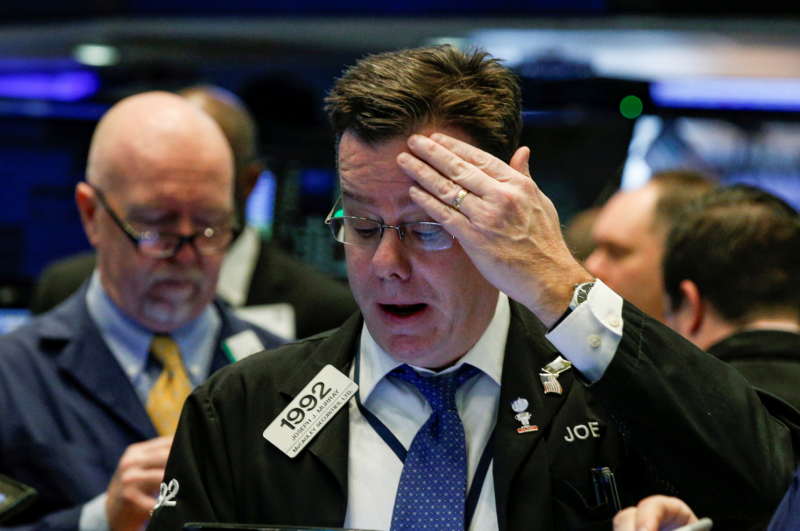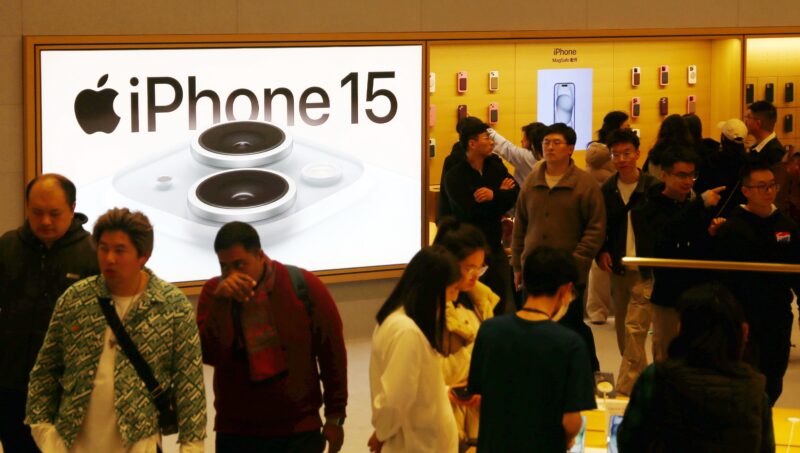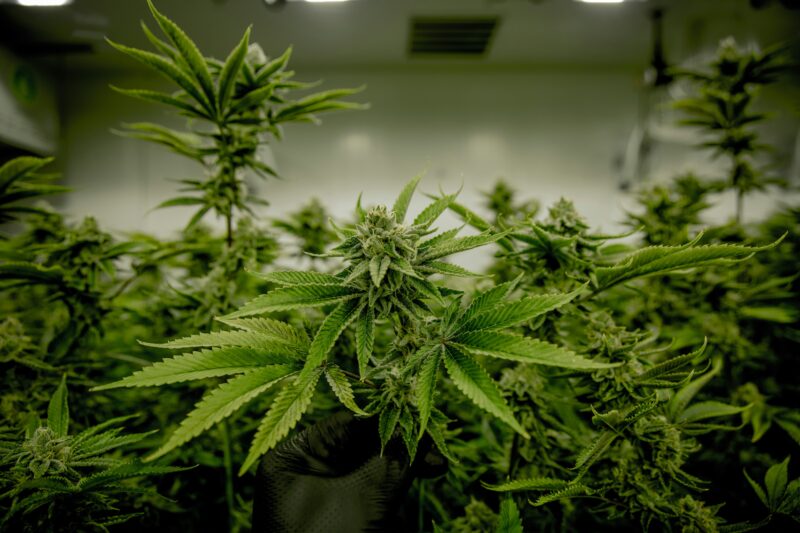- The White House recently laid out why two quarters of negative growth doesn't always signal a recession.
- Yet a growing number of voices has accused the administration of changing the definition of a downturn.
- The economy is currently adding too many jobs to officially be in a slump.
There's a whole lot of recession talk going on right now, but Americans can't even agree on the most basic part of the debate: what exactly is a recession?
This week is going to be a busy one for US economists. The preliminary reading of second-quarter economic growth, possibly the most anticipated data point of the week, is due to be published July 28. Expectations are bleak. The consensus forecast sees gross domestic product growing at an annualized rate of just 0.5%, and the Atlanta Fed projects that the economy actually shrank 1.6%.
Should the more dire outlook ring true, the US economy will have contracted through the entire first half of 2022.
That's got plenty of Americans on edge. The rule-of-thumb definition of a recession has long been back-to-back quarters of negative growth, meaning the Thursday report could match many observers' criteria for a downturn. Americans already feel pretty pessimistic about the economy. Should the upcoming GDP print turn up negative, warnings of a catastrophic recession will only get louder.
Whether they're actually right is another question entirely, and the answer is a resounding "no." The National Bureau of Economic Research is the semi-official arbiter of when US downturns start and end, and its criteria are far more complicated than the two-quarters rule. The organization looks for a "significant decline in economic activity that is spread across the economy and that lasts more than a few months" before calling a recession.
In other words, it takes a whole lot more than two quarters of negative GDP for the US to be in a recession. That hasn't stopped the topic from becoming a political battlefield. The White House took the first shot on July 21, publishing a blog by its Council of Economic Advisors that laid out several reasons why the country isn't in a downturn. Chief among them was the NBER's definition, but council members also cited strong job creation and industrial production as signs the economy was chugging along.
The blog post aimed to clear up the official criteria of a recession, but it sparked accusations that the White House was adjusting the definition to soften the blow of a potentially nasty GDP print. When asked on Friday if the Biden administration was trying to change the definition, Press Secretary Karine Jean-Pierre said the strength of the labor market and other indicators are "not what we generally see as we talk about recession or even pre-recession."
Biden addressed the debate on Monday, predicting the US will dodge a downturn and similarly highlighting the labor market's rebound as a sign of good economic health.
"We're not going to be in a recession, in my view. The [un]employment rate is still one of the lowest we've had in history," he said. "My hope is we go from this rapid growth to steady growth."
Republicans, meanwhile, are using the confusion to hammer Democrats. Senate Minority Leader Mitch McConnell took to the Senate floor on Monday to slam the White House's blog post, calling it "a frantic effort to redefine the word recession."
Yet the Council of Economic Advisors didn't redefine "recession" so much as it repeated the definition used by the very body that dates business cycles. The trouble for Democrats is that Americans have a wide range of criteria for a downturn, and the party has little time to explain the true definition before voters make up their minds.
The economy has its fair share of weaknesses. Inflation continues to run at four-decade highs, the Fed is quickly raising borrowing costs, housing is inaccessible for millions, and the wealth gap is still historically wide.
But the US is far from a recession. The economy is adding too many jobs and Americans are spending too much of their cash for the country to currently be in a slump. The economy's future remains murky, and the jury is still out on whether a recession will materialize in 2023.
For now, the recovery is pushing forward, albeit at a slower pace than before.











